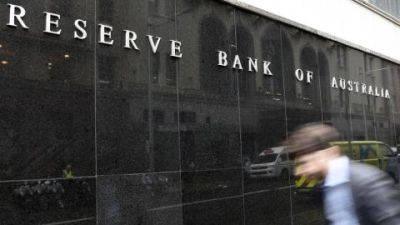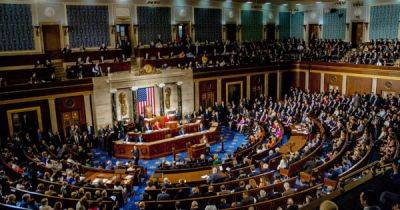Towards a Balanced Future: A Middle-of-the-Road Approach to Crypto Regulation
As the cryptocurrency market continues to evolve, a middle-of-the-road regulatory consensus is gaining momentum, aiming to strike a balance between skepticism and optimism around crypto, Aaron Brown, a former managing director and head of financial market research at AQR Capital Management, opined in a recent piece for Bloomberg.
Four senior executives from the International Monetary Fund (IMF) recently outlined their vision for international crypto regulation in an IMF Blog.
Earlier, G20 members got support from the IMF and United States to coordinate on global crypto regulations.
The executive proposed four key principles, while one principle was commended, two were criticized, and another was deemed problematic.
Aaron highlighted that one of the IMF executives' proposals that garnered support is the idea of defending against the substitution of sovereign currencies by enhancing domestic institutions.
Enhancing such institutions encourages traditional financial players to up their game and improve their offerings instead of seeking regulatory intervention to suppress crypto competitors.
This approach acknowledges that the advent of cryptocurrencies was fueled by distrust with the traditional financial system during the 2008 financial crisis.
By fostering confidence in sovereign credit, central bank competence, and adherence to the rule of law, the traditional financial sector can regain lost ground.
However, one controversial principle put forth by the IMF executives is to refrain from granting cryptocurrencies a legal tender status, which a few countries have already done.
Critics argue that this move aims not to protect national sovereignty, as claimed, but rather to safeguard government revenues derived from
Read more on cryptonews.com





















